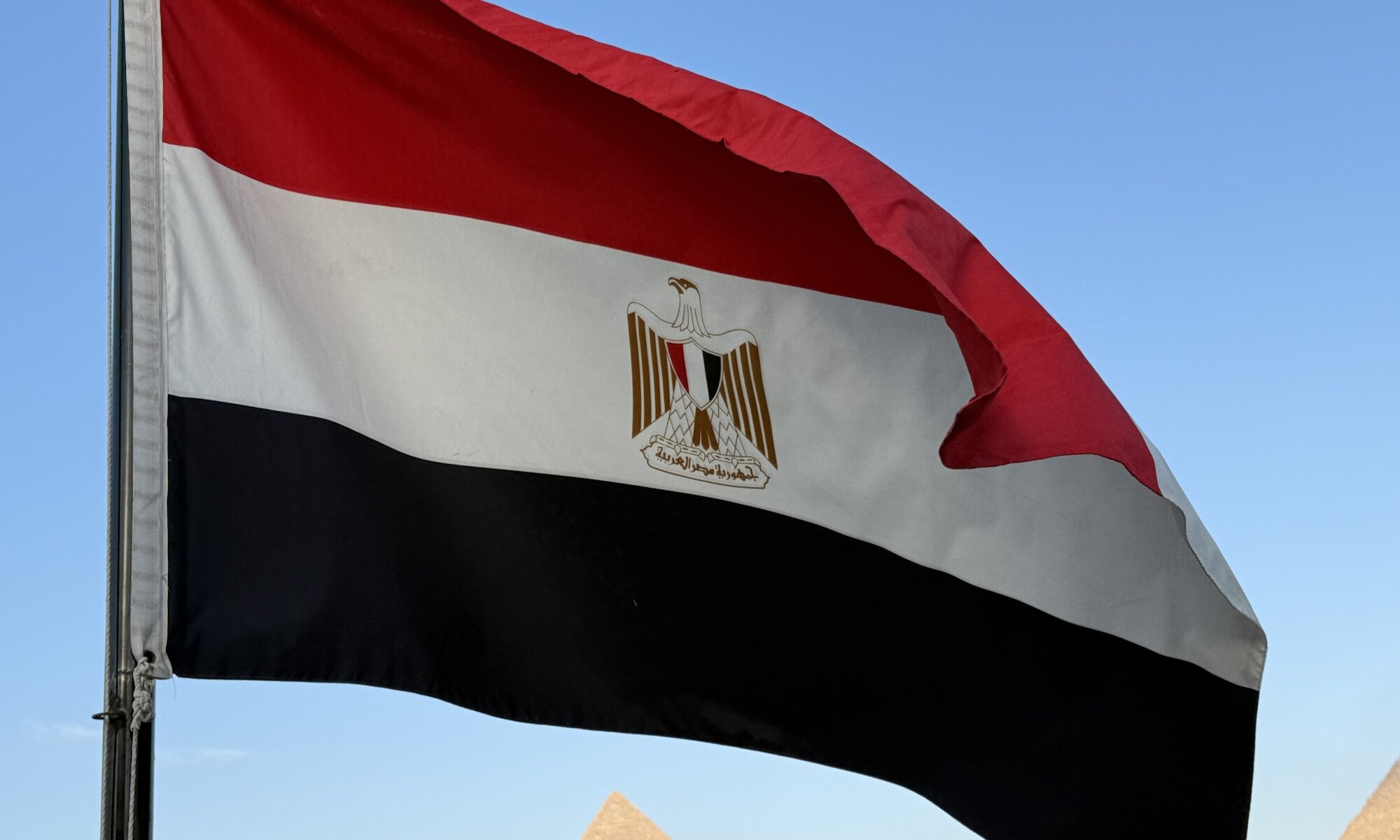Egypt stands as one of the world’s most fascinating destinations, carrying the weight of millennia within its sands and monuments. Often called the cradle of civilisation, it was home to powerful dynasties whose architectural and cultural feats shaped history. From the time of the ancient Pharaohs through the Greek and Roman periods, Egypt maintained a central role in trade, religion, and scholarship. Even in later centuries under Islamic rule, its cities flourished with vibrant learning centres, mosques, and bustling markets. The blend of these eras is still visible today, layered into the landscapes along the Nile.
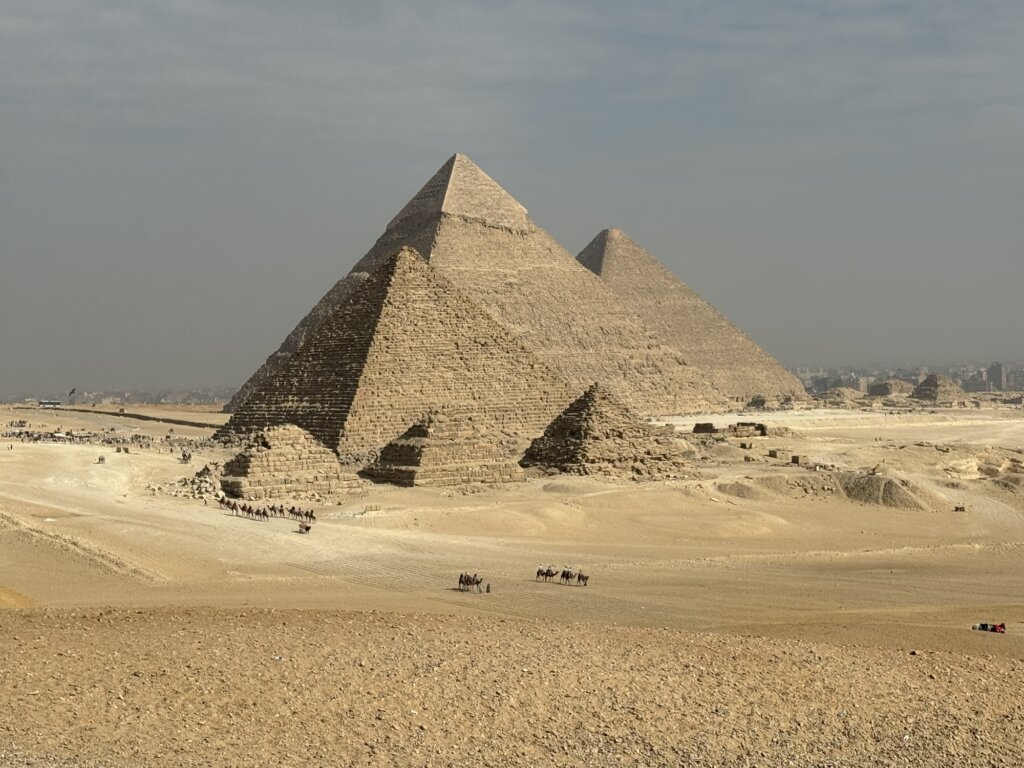
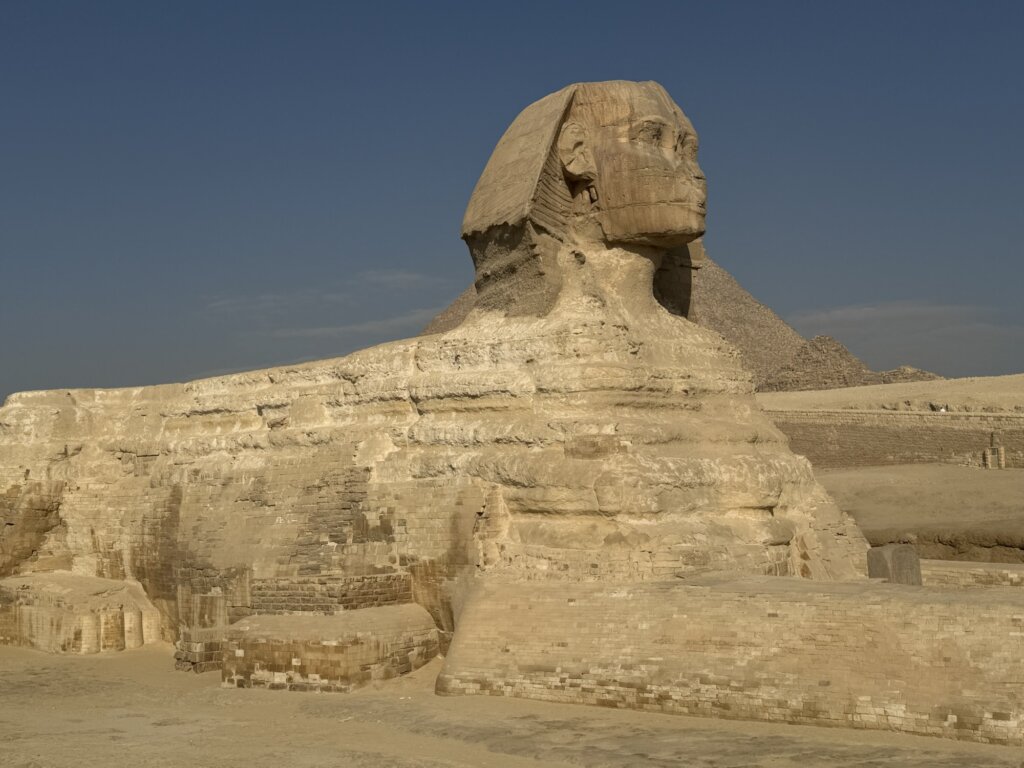
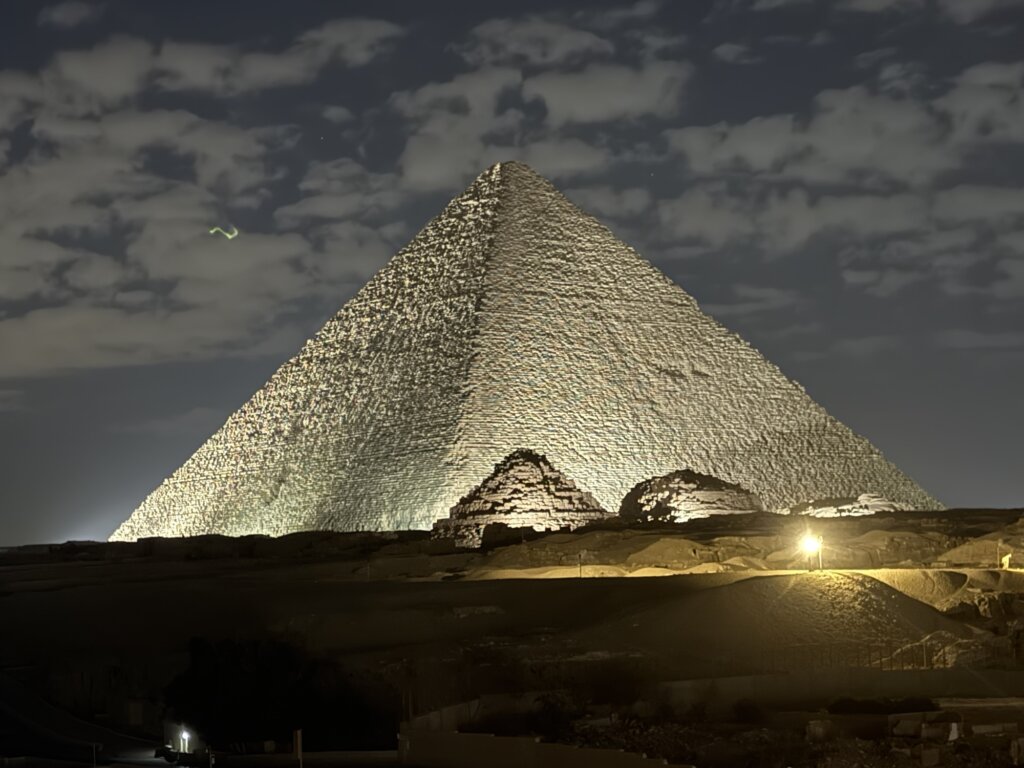
For those drawn to ancient wonders, القاهرة provides an unforgettable introduction. The Giza Plateau, just outside the city, holds the Great Pyramids and the Sphinx – monuments that have awed travellers since antiquity. The Grand Egyptian Museum displays an immense collection of artefacts, including treasures from the tomb of Tutankhamun. The nearby Islamic Quarter invites visitors through medieval alleys filled with minarets, bazaars, and traditional coffeehouses. A journey to Coptic القاهرة reveals a quieter side, with centuries-old churches preserving the earliest Christian heritage of the country.
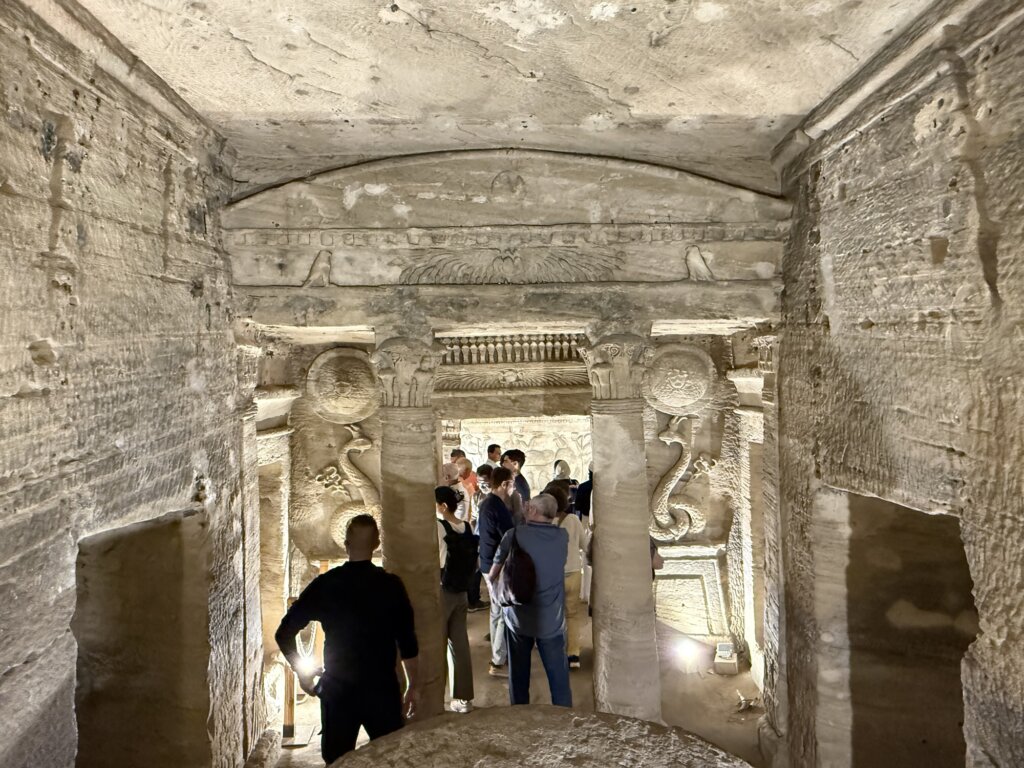
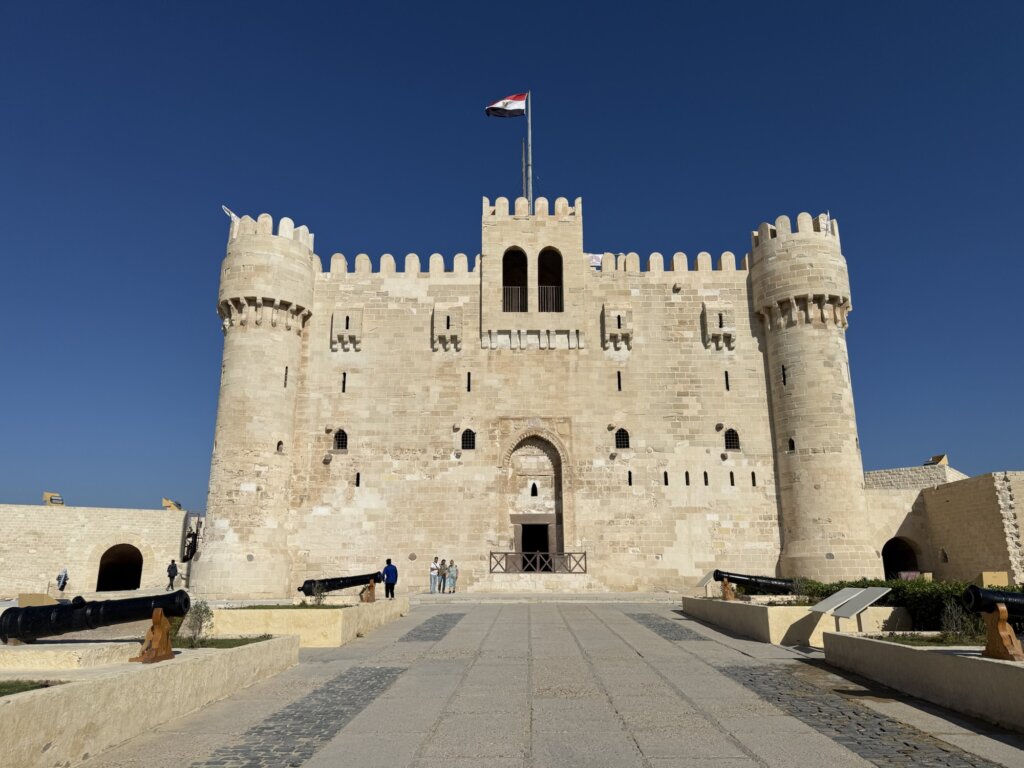
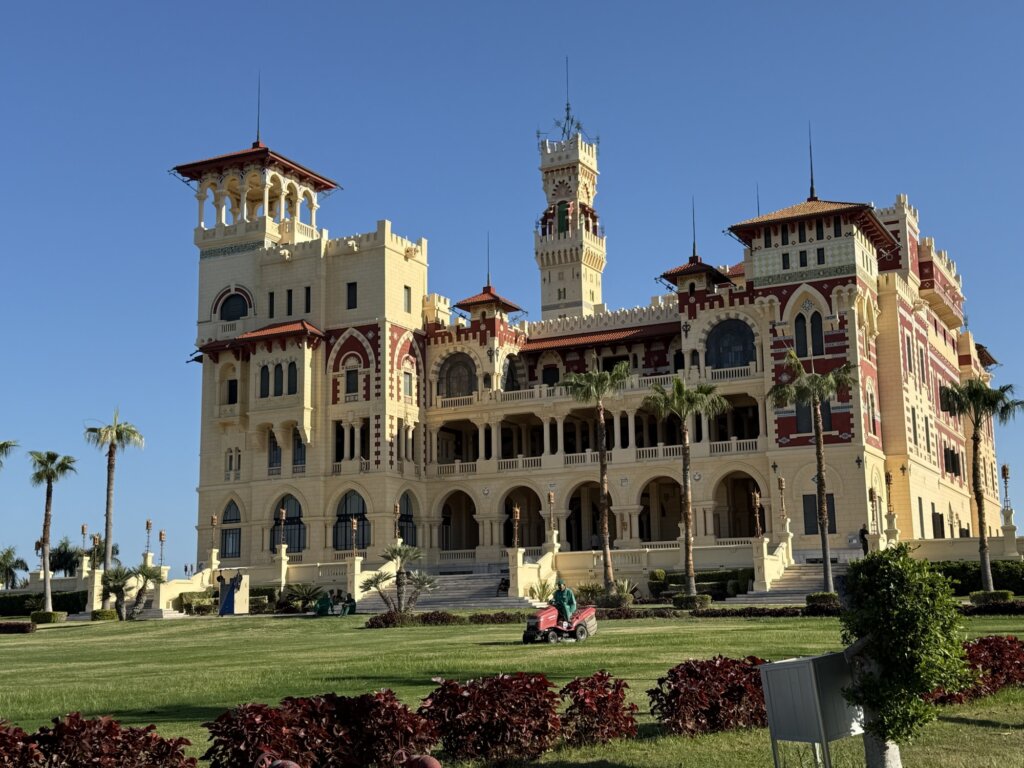
Further south, along the Nile valley, Egypt opens into a living museum of ancient temples. الأقصر, built upon the site of ancient Thebes, is home to the majestic Karnak and Luxor Temples as well as the Valley of the Kings, where Pharaohs were laid to rest in richly decorated tombs. أسوان offers a more tranquil atmosphere, framed by palm-dotted islands and the monumental Aswan High Dam, while nearby stands the temple of Philae dedicated to the goddess Isis. A short flight, drive or cruise further south brings travellers to Abu Simbel, where colossal statues of Ramses II gaze eternally across the desert.
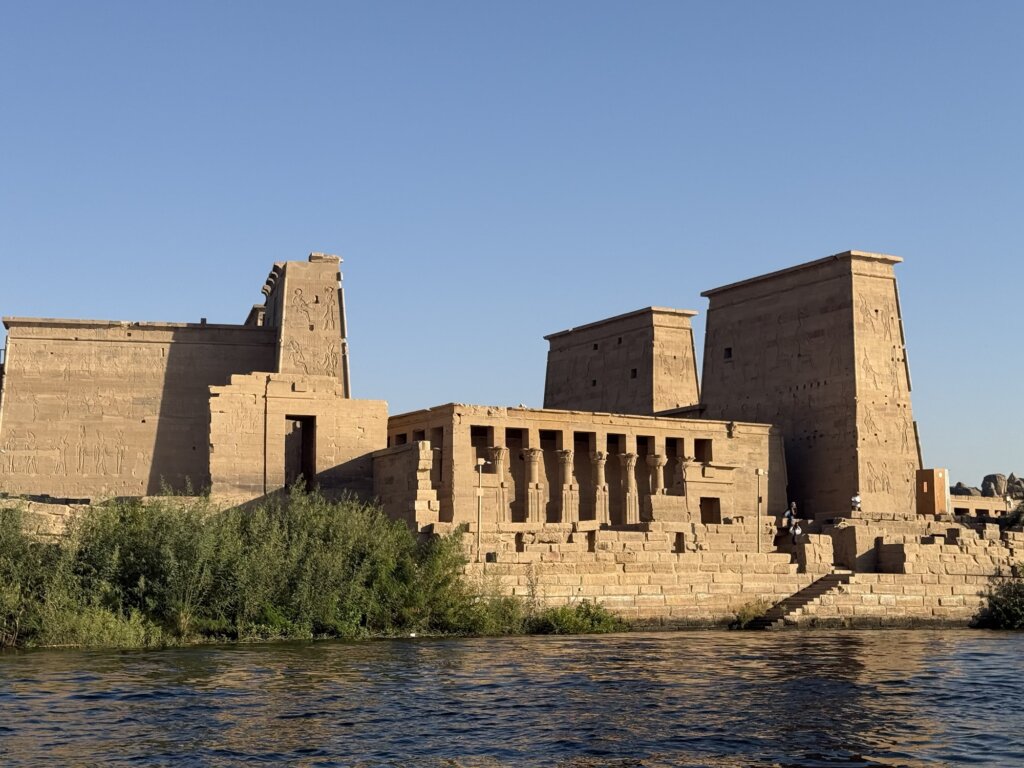
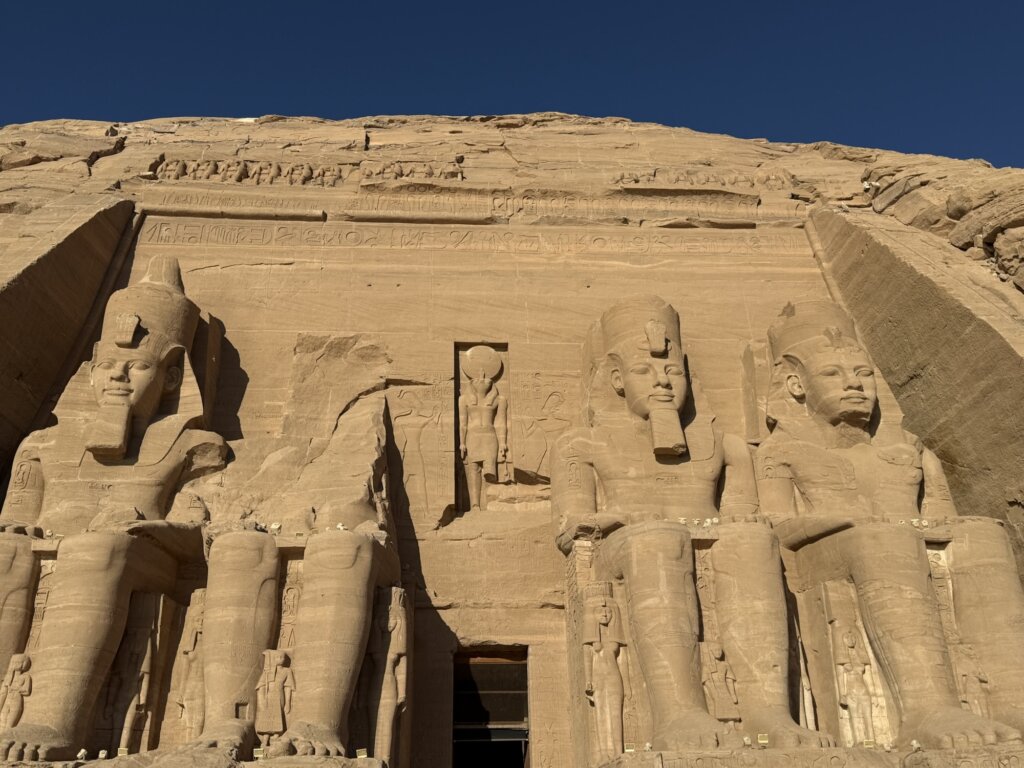
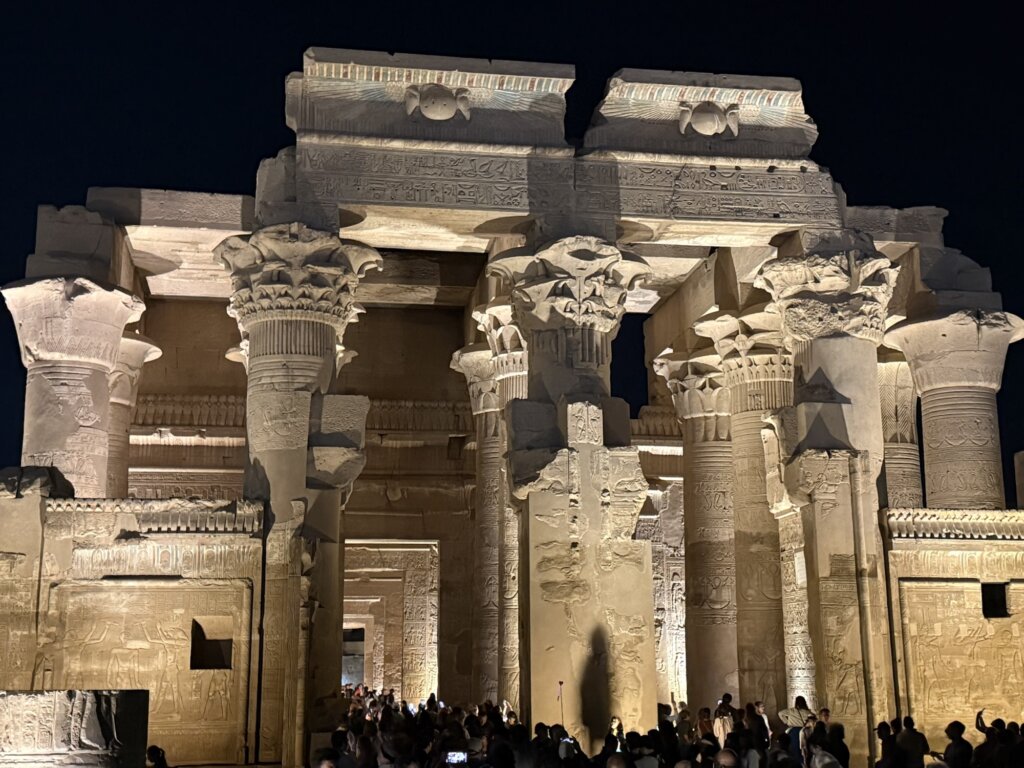
Beyond history, Egypt rewards those who seek natural beauty and coastal tranquillity. The Red Sea resorts of Hurghada and Sharm El Sheikh invite divers and snorkellers to explore coral reefs teeming with marine life, while the Sinai Peninsula offers desert adventure and spiritual hiking routes up Mount Sinai. In contrast, the Siwa Oasis, deep in the Western Desert, captivates with its remote charm, ancient oracle ruins, and olive groves surrounded by dunes. Altogether, Egypt’s magic lies in its ability to merge the remnants of a glorious past with the timeless rhythm of the Nile and the warmth of its people. Travelling Egypt was especially great due to my amazing local guides Ahmed and Eslam. Yalla bina!
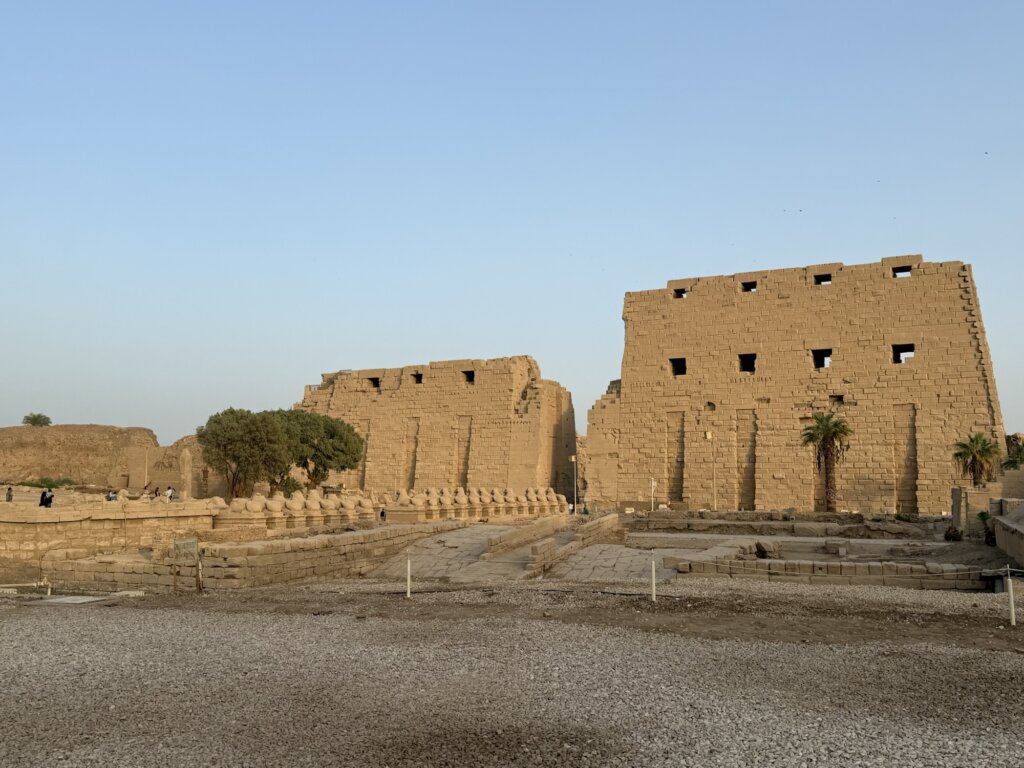
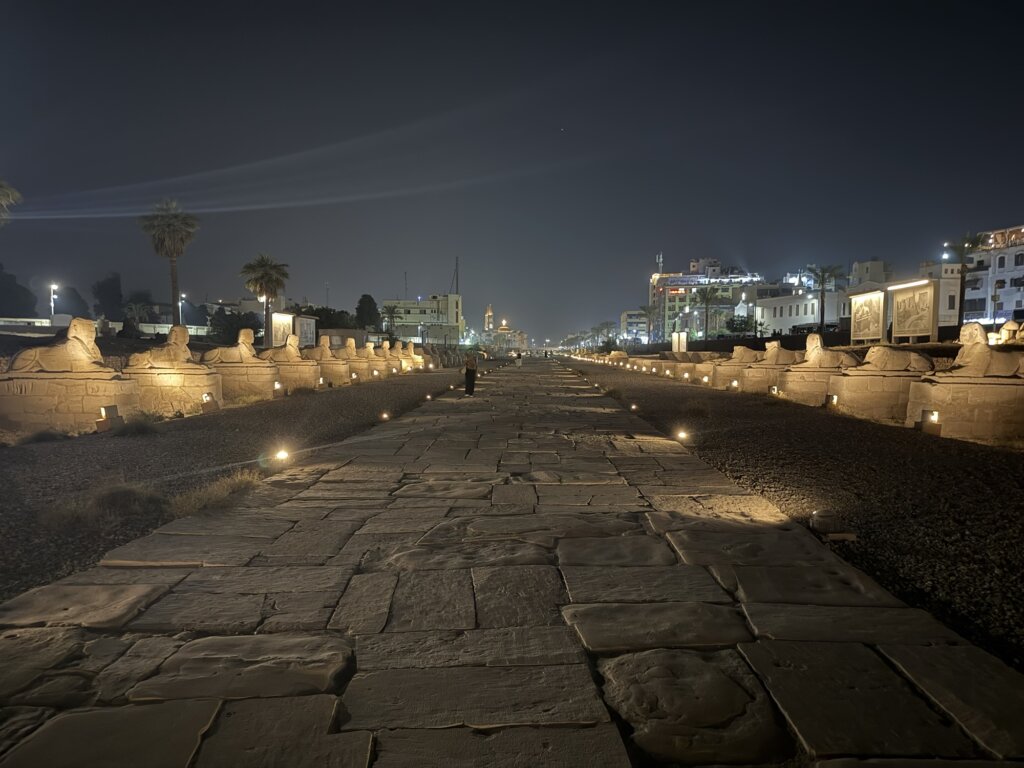
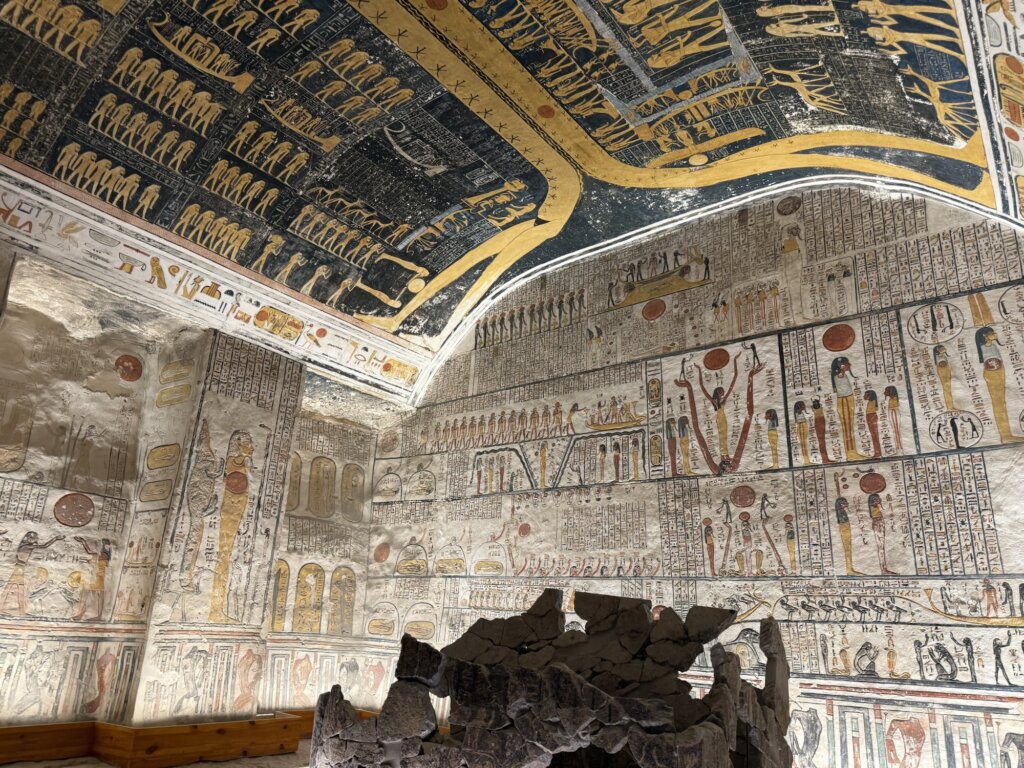
A short history of Egypt
In the third millennium BC, King Menes unified Upper and Lower Egypt, marking the beginning of the Pharaonic Age and one of the world’s earliest centralised states. Over successive dynasties, Egypt developed monumental architecture, including the pyramids of الجيزة and the temples of Luxor and Karnak, while advancing in writing, medicine, and astronomy. The civilisation’s religious and artistic traditions flourished over thirty centuries, enduring through the Old, Middle, and New Kingdoms. However, the later dynasties faced waves of foreign domination, from Libyans and Persians to the conquering of Alexander the Great in 332 BC, which ushered in the Hellenistic Ptolemaic period.
Roman rule began in 30 BC after the fall of Cleopatra VII, integrating Egypt into the Roman Empire and later into the Byzantine sphere until the advent of Islam. In 641 AD, Arab forces conquered Egypt, bringing Arabic language and Islam, which gradually transformed its cultural and social fabric while maintaining its role as a hub of learning and commerce. Over the following centuries, Egypt was successively ruled by the Fatimids, Ayyubids, and Mamluks, the latter of whom defended the Islamic world from Mongol and Crusader incursions. القاهرة emerged during these centuries as one of the world’s great cities, renowned for its scholarship, architecture, and trade across Africa and the Mediterranean.
In 1517, Egypt became part of the Ottoman Empire, remaining under Turkish suzerainty until the early nineteenth century. The rise of Muhammad Ali Pasha in 1805 marked the birth of modern Egypt, as he introduced sweeping reforms in agriculture, education, and the military. Britain’s strategic interest in the Suez Canal led to effective British control from 1882, and a long period of colonial dominance followed. Egypt gained nominal independence in 1922 under a monarchy, yet real sovereignty came only after Gamal Abdel Nasser’s revolution of 1952, which abolished the monarchy, nationalised the Suez Canal, and made القاهرة a leading voice in the postcolonial Arab world.
Contemporary Egypt has experienced continuous social and political transformation. President Anwar Sadat’s peace accords with Israel in 1978 reshaped regional politics but cost him his life. Hosni Mubarak’s long rule that followed maintained stability through tight control until the 2011 revolution brought a wave of popular demands for change. The ensuing years saw turbulent transitions, with the rise and fall of Mohamed Morsi and the eventual presidency of Abdel Fattah el-Sisi. Today, Egypt remains a nation balancing its ancient legacy with the challenges of modern governance, economic reform, and regional influence, standing as both heir to its pharaonic grandeur and a pivotal state in the Arab world.
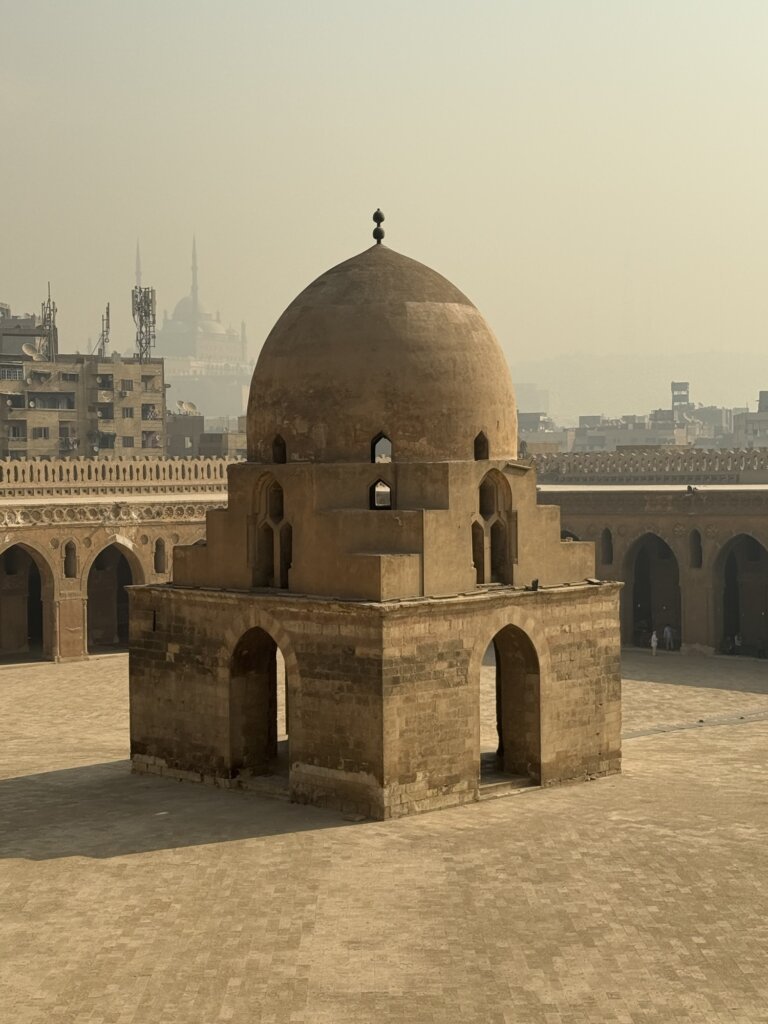
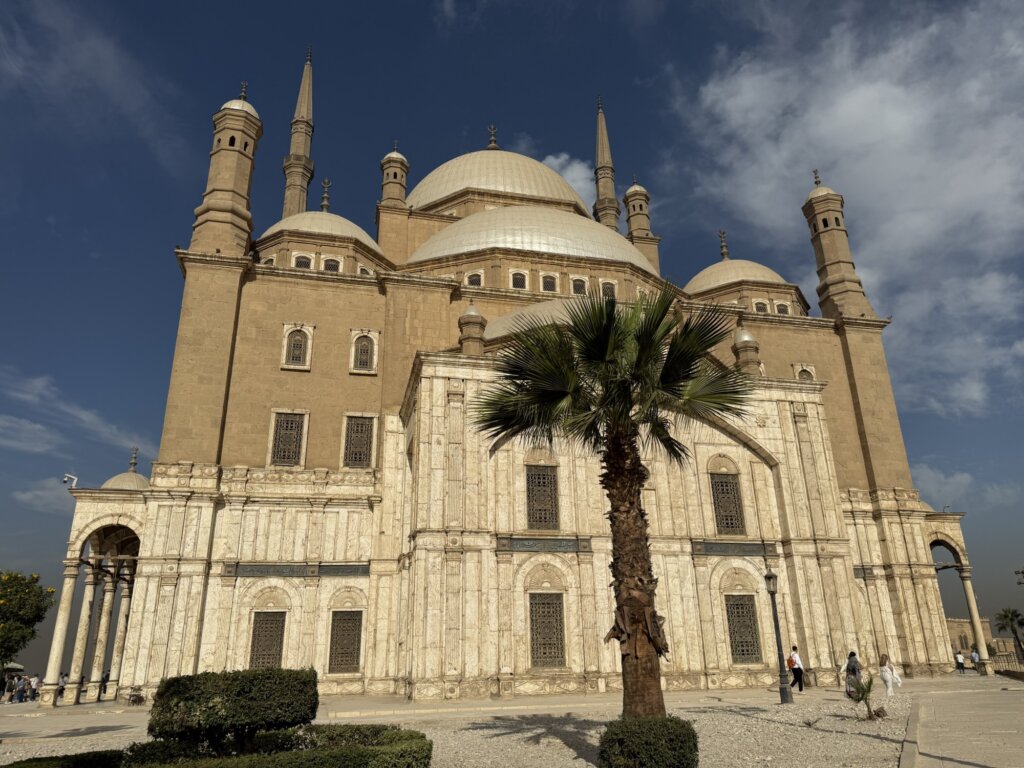
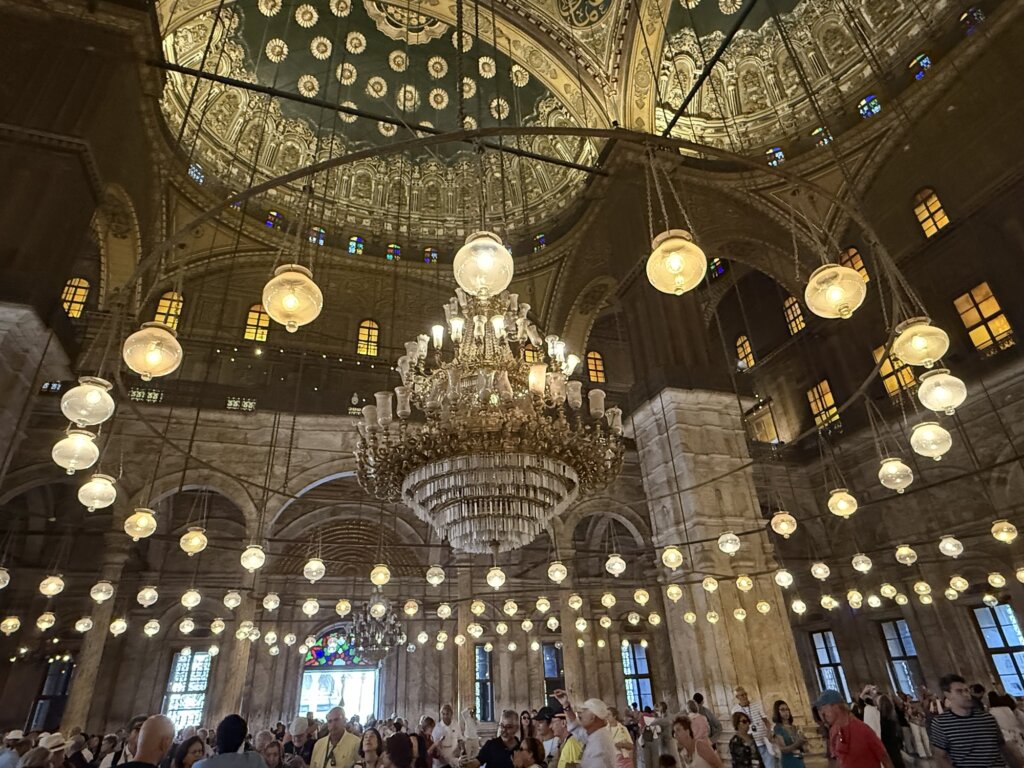
القاهرة
الجيزة
الإسكندرية
أسوان
أبو سمبل
كوم أمبو
إدفو
الأقصر
مَنْف
Egypt
Loading map...


